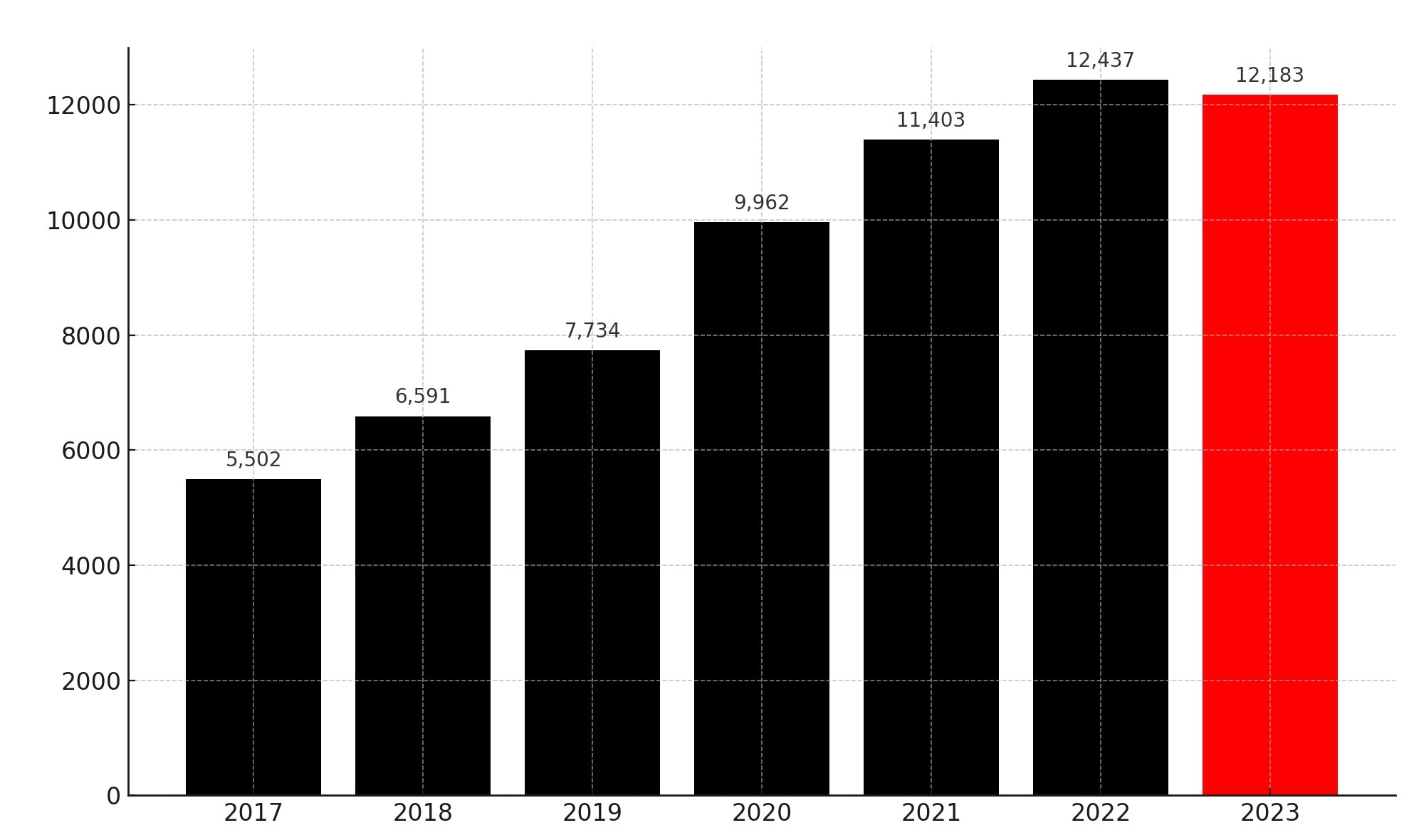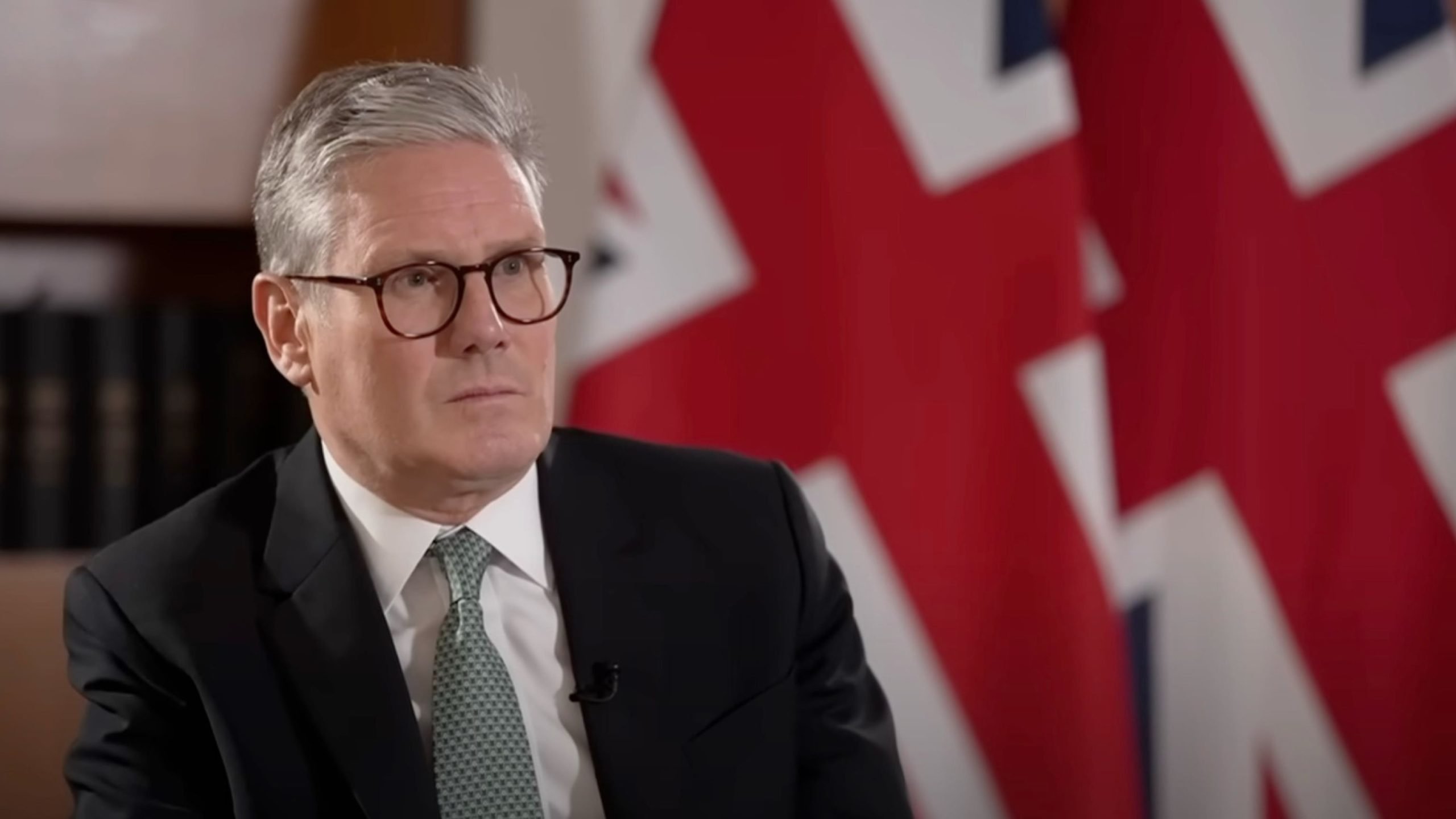Over a period of seven years, the number of arrests in the UK for online posts deemed as various types of “offensive,” increased dramatically – soaring from 5,502 in 2017 to 12,18 in 2023.
These numbers went up nearly 60 percent just from 2019 to 2023, to average about 33 each day, the Times writes, citing custody logs. However, the paper did not have access to full data – the freedom of information requests were ignored by police in Scotland, and by eight forces in England and Wales.
The police were arresting people acting on reports about messages said to have caused anything from “anxiety” to “inconvenience” and “annoyance” (“grossly offensive”) as well as indecent, obscene or menacing content. The legal basis was found in the the Communications Act 2003 and the Malicious Communications Act 1988 (sections 127 and 1, respectively).

These laws are criticized as overly broad to begin with and then used over the last years to “overpolice” online speech. Another point of criticism is that valuable police time and resources are directed toward frivolous cases, at the expense of tackling serious crime.
This is highlighted by the sentencing statistics: in 2015, 1,995 people indicted under the two laws were found guilty, for this number to be reduced to 1,119 in 2023. “Evidential difficulties” is given as the top reason behind the cases being dismissed.
The data covers the period before Keir Starmer became the UK’s prime minister, so it remains to be seen if the trends have changed over the past year. However, the press and privacy groups are now scrutinizing the policing of online speech precisely because of recent cases, like the arrest of parents over innocuous messages posted in a school WhatsApp group.
From 2008 until 2013, Starmer served as head of the Prosecution Service, when he issued guidance to prosecute people for social media posts deemed as “offensive” only in “extreme circumstances.”
The data from the subsequent years indicates that this guidance had largely been ignored.













